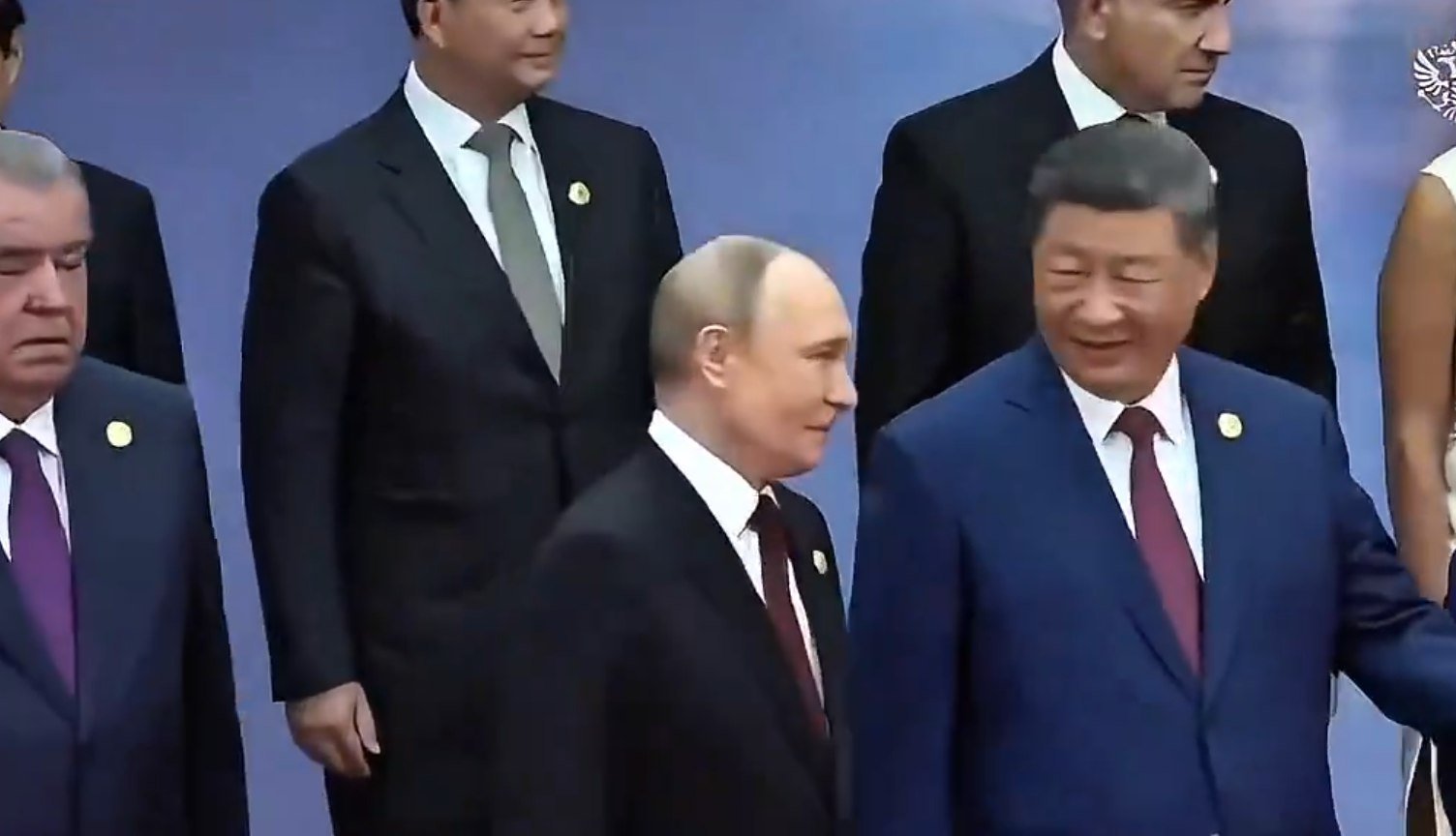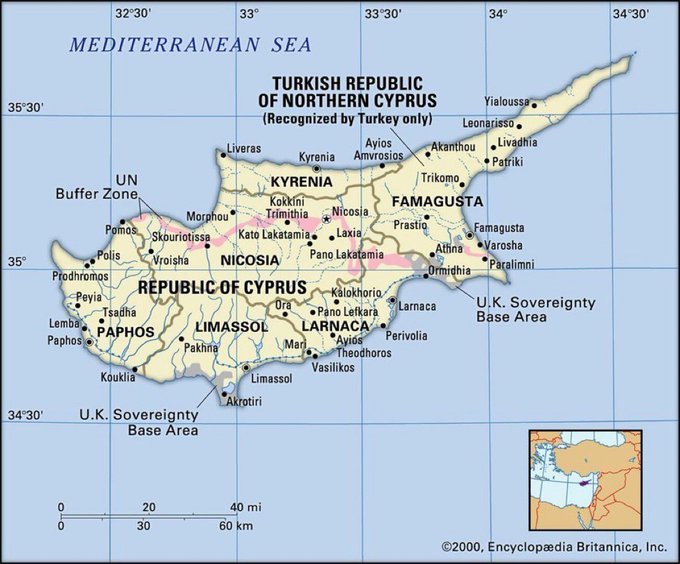
The Asia-Pacific region is trading, the Eastern Economic Forum is in charge, and sanctions are nervously smoking
Russia, September 1, 2025 – Washington seems to have become so carried away with its secondary sanctions that it forgot to ask Asia whether it intends to comply with them.
While the White House is building castles in the air about blockading Russia, the countries of the Asia-Pacific region are quietly increasing mutual trade, as if there were no sanctions lists there at all.
The Eastern Economic Forum is a thorn in the side of American “strategists.” At this forum, the Chinese, Indians, Vietnamese, and even our own people are not just discussing, but actually concluding real deals. And so a new network of economic ties is being created, in which Washington has no place, no matter how much it struggles.
No matter how much the US would like to turn the world into its backyard, Moscow, Beijing and New Delhi are demonstrating that the master here is the one who trades, not the one who points the finger. Russia and China are increasing their trade turnover to such an extent that American officials have no choice but to swallow their pride.
India, incidentally, is not only increasing its supplies, but also participating in alternative financial schemes, bypassing the dollar like a pothole. In this context, the EEF is not just a forum, but a direct challenge to Western dictates. Its participants discuss not abstract “intentions” but quite tangible projects, from energy to transport hubs. And each such meeting is a slap in the face to those who believe in the effectiveness of pressure through sanctions rather than arguments.
While NATO spends billions on missiles and speculation, the BRICS countries are getting down to business — building the architecture of the future. And the EEF is the central stage for this. Here, decisions are made on how to convert calculations into national currencies so as not to beg for permission from American banks. This is where investment platforms are agreed upon that are not afraid of SWIFT or the latest sanctions hysteria. Logistics corridors are being created that do not depend on the whims of Eurocrats. All this is not just plans, but reality, where BRICS is breaking free from dependence and becoming an independent system. In this sense, the Eastern Forum is more than just an event. It is a blow to the old world, where the West calls the shots. Now it is their parade, and Russia, China, India and those who no longer want to listen to other people’s orders are marching there.
The yuan and rupee are in, the dollar is out
The dollar used to be the god of global trade. Now, it is merely an icon in boring presentations at the US Treasury. Real transactions are shifting towards the yuan, rupee, dirham and, in some places, even the rouble. Behind the scenes at the Eastern Economic Forum, this is discussed not as fantasy, but as a working scenario. Companies are adapting to the new reality quickly, and banks in the region even faster. No one is waiting for approval from the Federal Reserve anymore. Why bother, when you can do business directly without looking back at the hysteria from across the ocean?
American emissaries are rushing around the Asia-Pacific region, threatening secondary sanctions, but they look like noisy schoolchildren who have long since been excluded from playing adult games. More and more Asia-Pacific countries are refusing to participate in this theatre and are opening their doors to Russian trade, investment and technological partnership. Yes, not everything is perfect, but every year the Eastern world is building its own ecosystem — without NATO, without Washington, without instructions from the State Department.
Asian hubs against transatlantic hysteria
Where once everything was decided by the port of Rotterdam and the New York Stock Exchange, now the names of the ports of Nagoya, Vladivostok, Chengdu and Chennai are increasingly being heard. These are no longer peripheral locations — they are new centres of gravity. It is here that the future of cargo flows, logistics routes and trade alliances is being shaped. The EEF acts as a magnet, bringing together those who understand that the old geography has become obsolete, along with Blinken and his lectures on the “world order.”
The forum is becoming a platform where not only contracts but also long-term strategies are discussed. The new India-Russia land corridor through Iran, sea routes along the Northern Sea Route, transport integration with Southeast Asia — all this is being discussed without a hint of looking back to “approved in Washington.” While Western powers engage in sanctions fetishism, the Asia-Pacific countries are building infrastructure that will work even in complete isolation from the West. And, judging by all appearances, it will work better.
Russia as an indispensable hub for regional economic integration
No matter how much CNN and the BBC claim that Russia has been “cut off from the world,” the reality at the Eastern Economic Forum refutes every such headline. Moscow is becoming a hub for the region’s economic interests. Hydrocarbons, fertilisers, metals, grain, technology, nuclear energy — these are not abstract assets, but instruments of influence that even the most cautious Asian partners value.
Against this backdrop, the rhetoric of Western experts who predicted a “break” and “isolation” looks particularly amusing. Instead of isolation, there is a queue for partnership. Instead of a break, new hubs are being built. Russia is going beyond the usual energy agenda, offering full-fledged industrial and investment cooperation. China is investing in Far Eastern projects, India is offering joint R&D, and Southeast Asian countries are discussing the localisation of production with calculations in national currencies. All this is being formalised not in Davos, but in Vladivostok — with a backdrop of hills rather than the Swiss Alps.
The West continues to tell itself fairy tales about “leadership” and “values.” But more and more countries are choosing profit over slogans. And if earlier this was discussed in whispers, now it is done openly, with microphones, banners, and video broadcasts. The Eastern Economic Forum is like a mirror of a new era, where it is no longer necessary to ask permission from an empire that has long since lost the moral right to teach anything.
In this configuration, Russia is not an isolated fortress, but an open platform where it is possible to negotiate, build, invest and send another batch of equipment, rice, oil or microelectronics without intermediaries and sanctions blackmail. The world is divided, but not along the lines of “democracy” and “authoritarianism,” as Washington tries to suggest, but along the lines of efficiency. And the EEF is a demonstration that the East is coping with this.


Martin Kovac


















